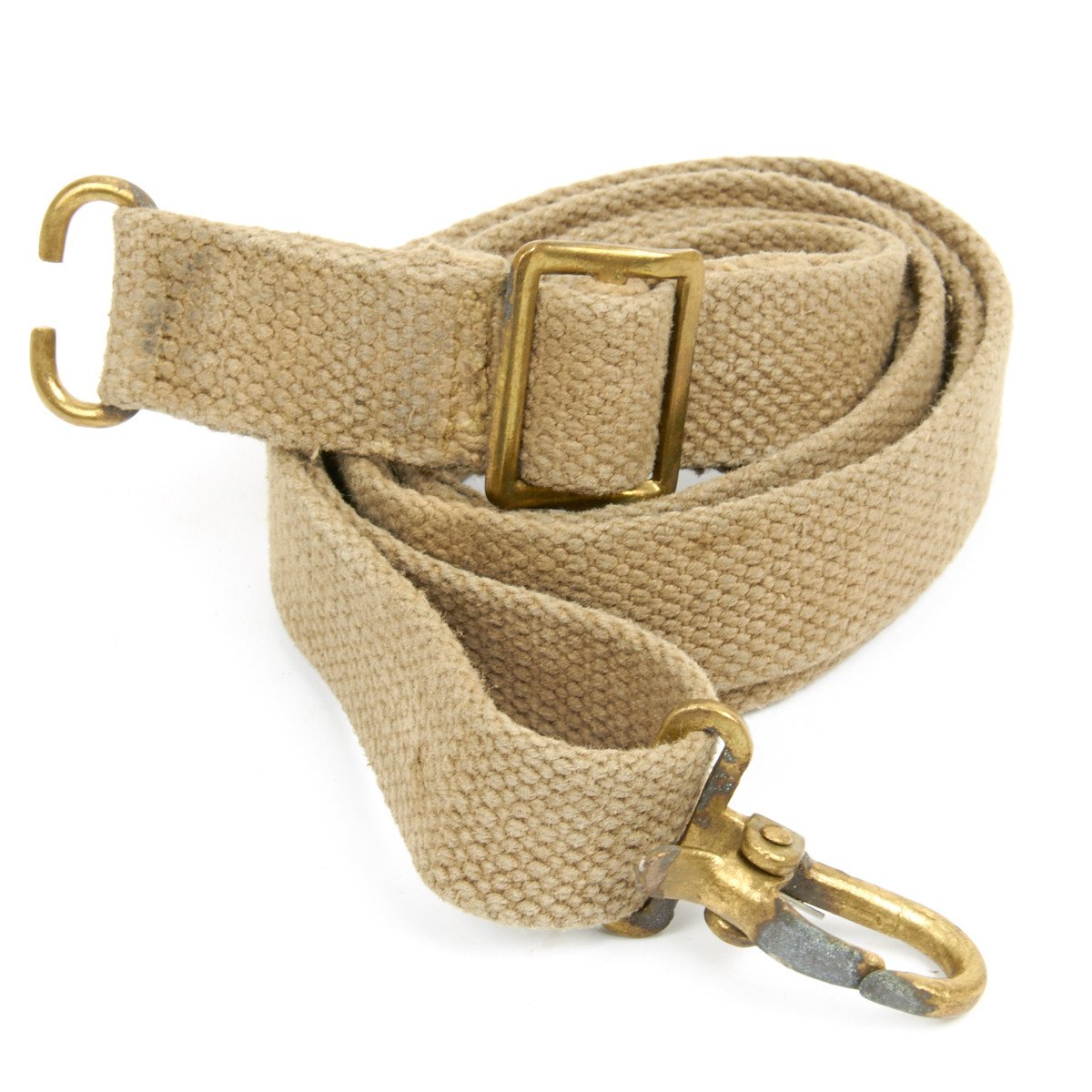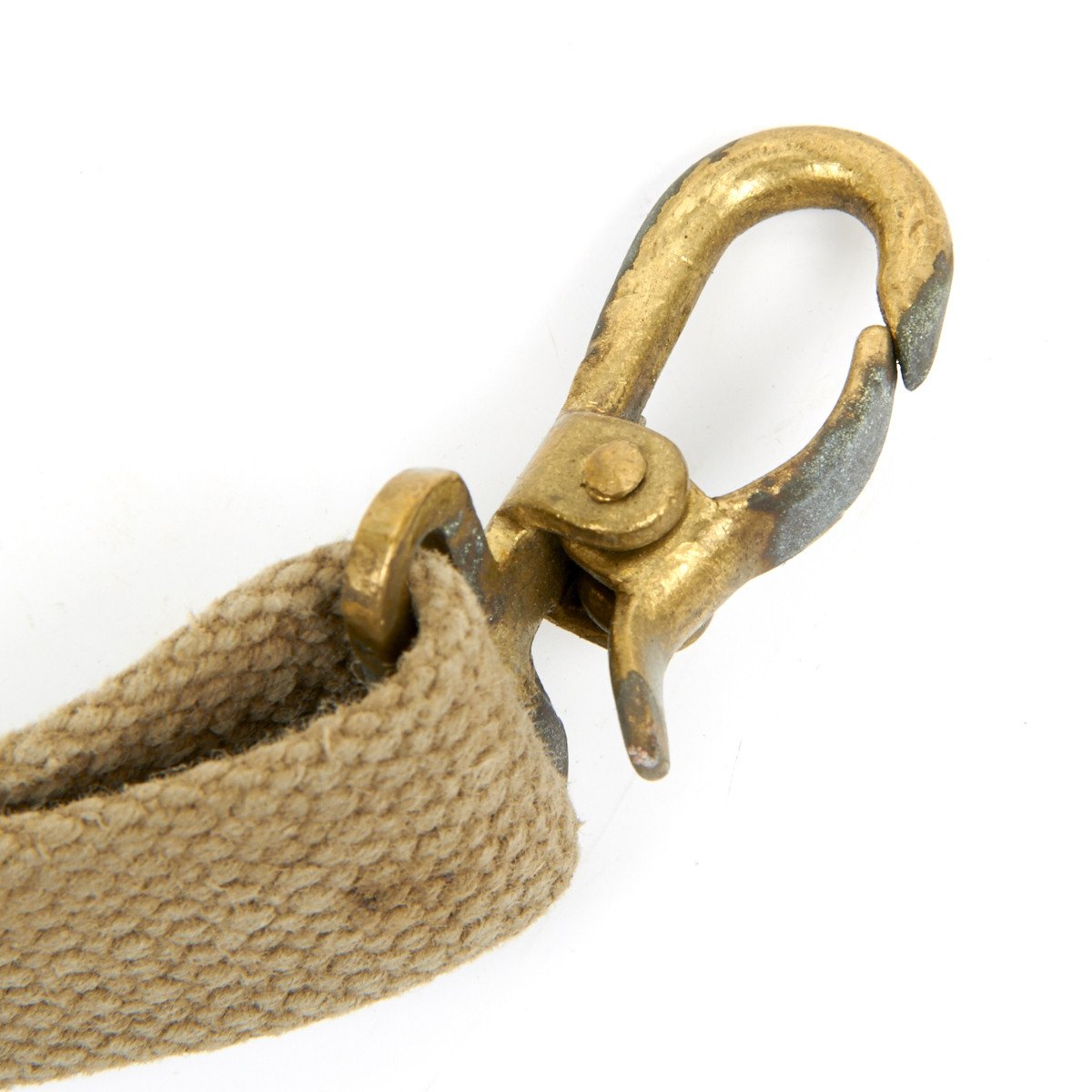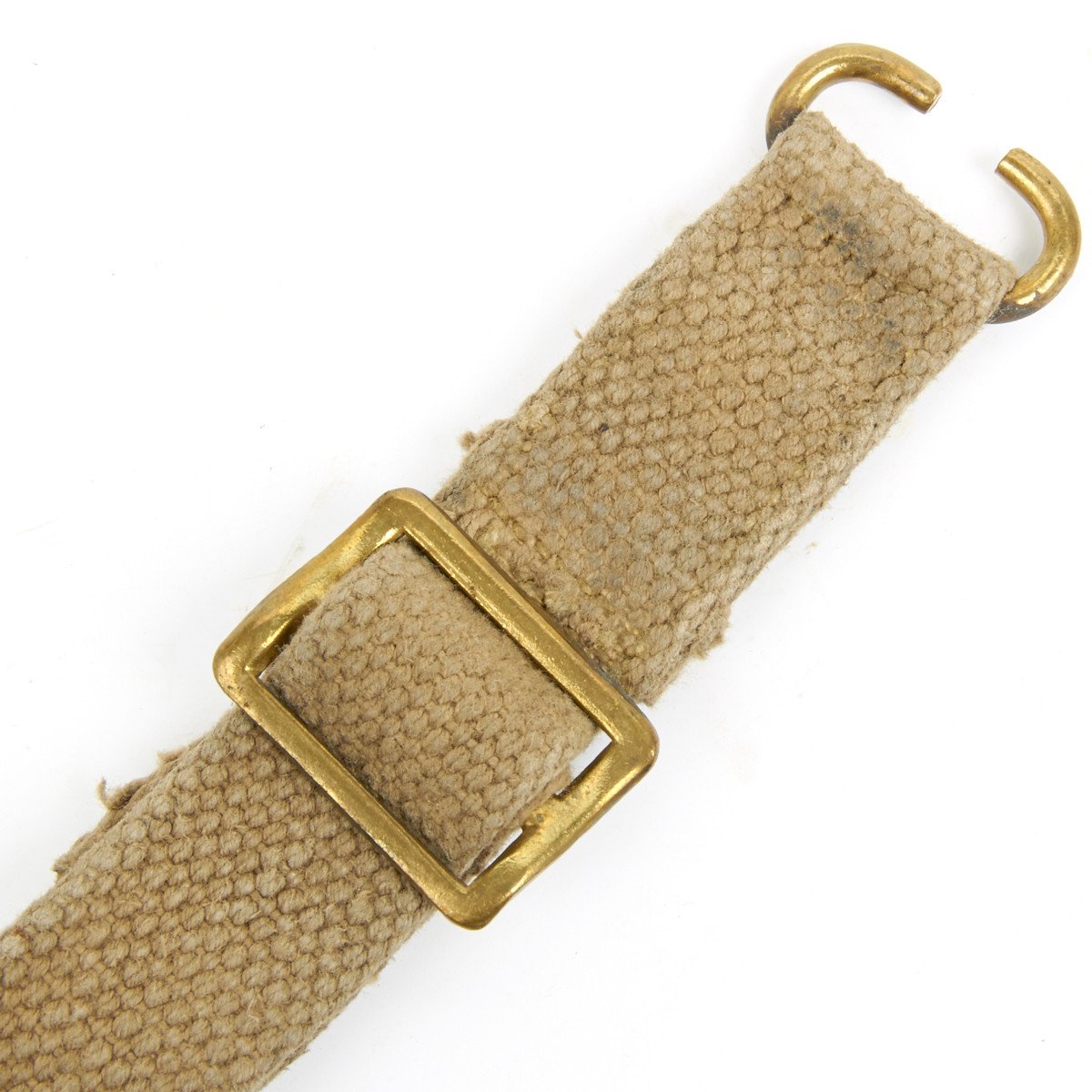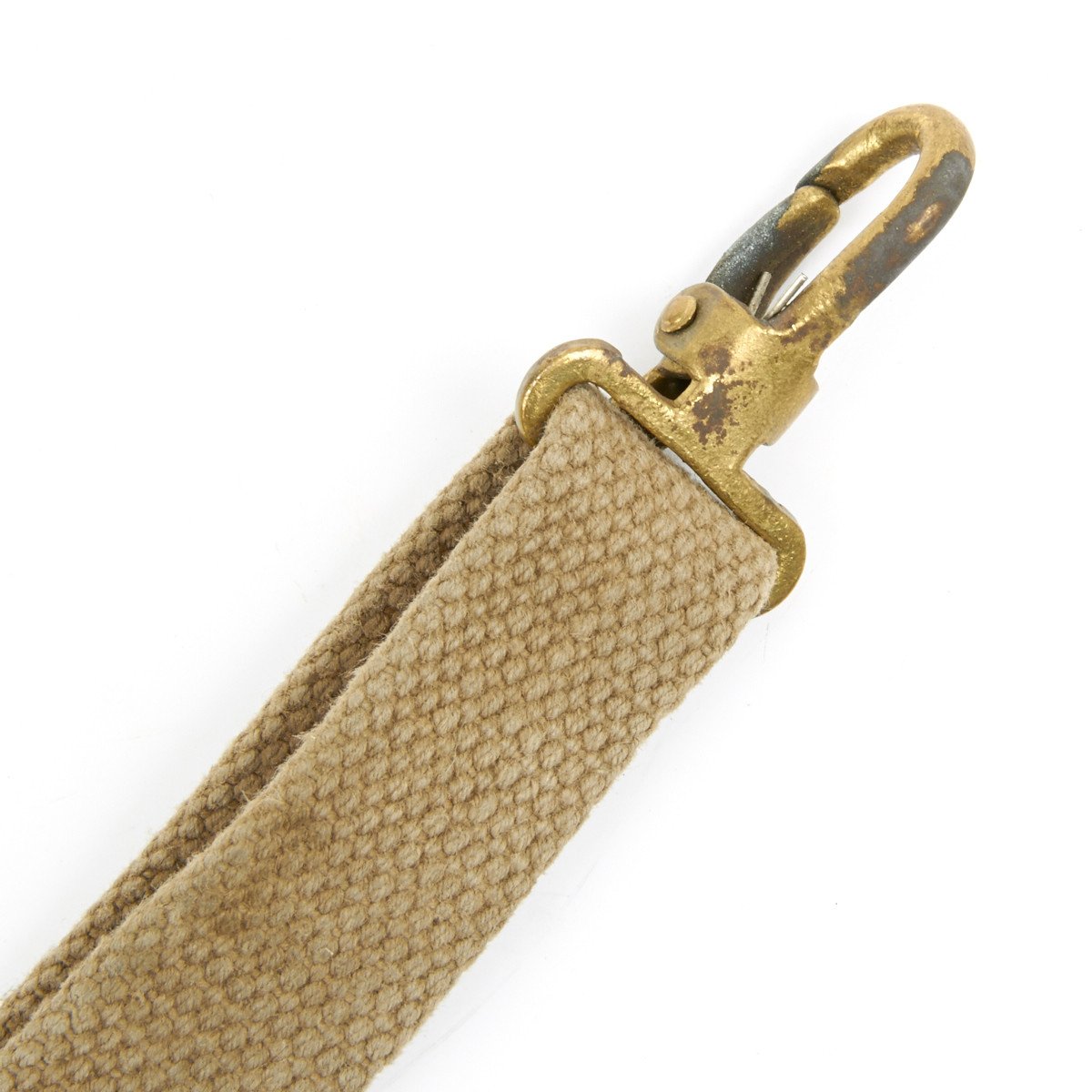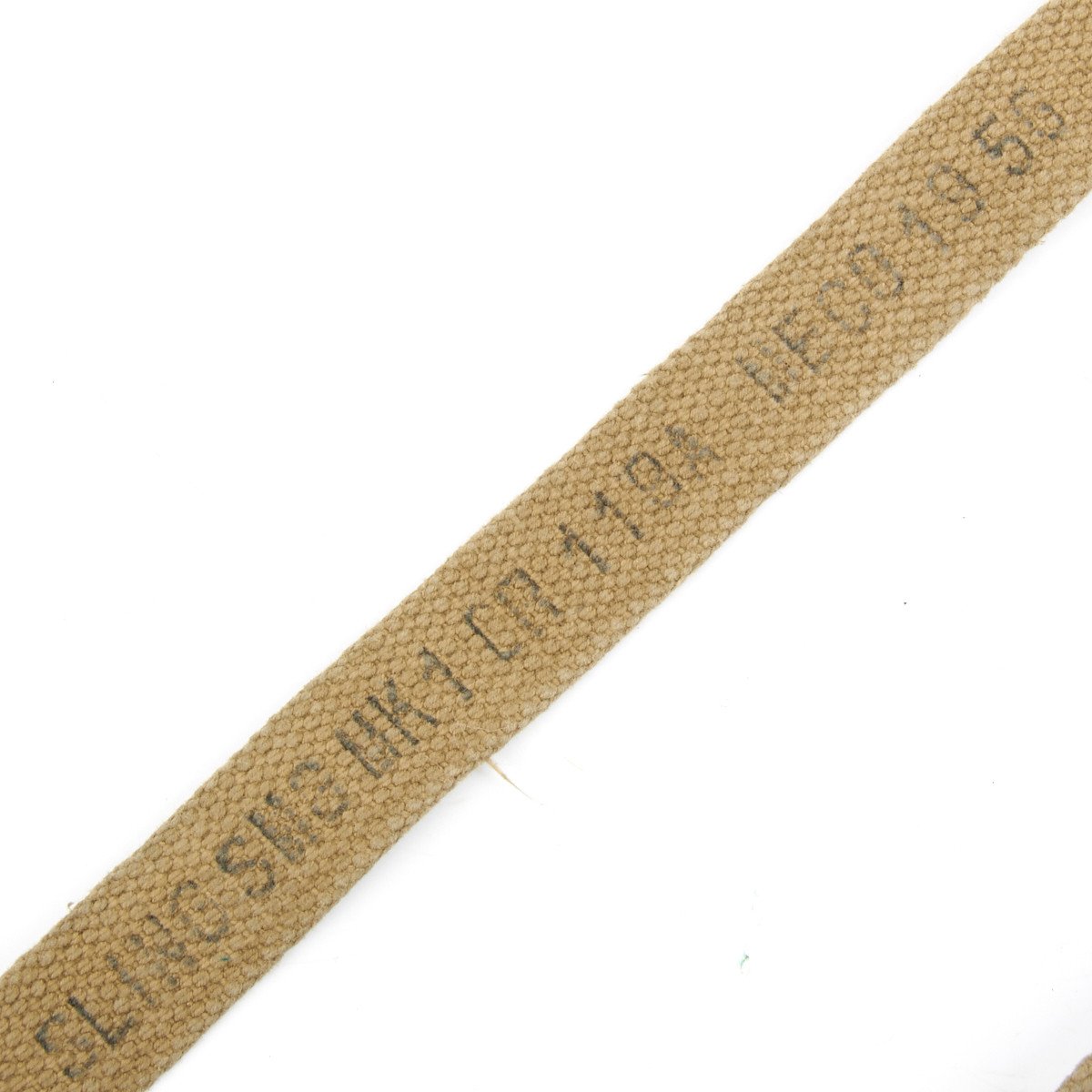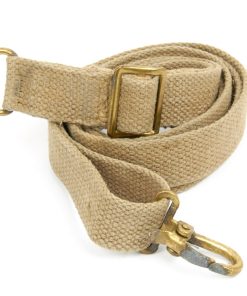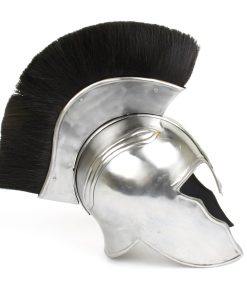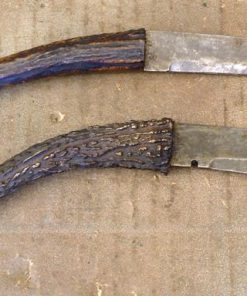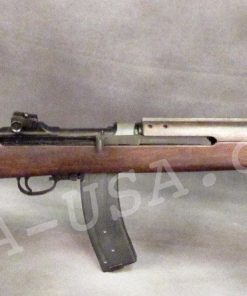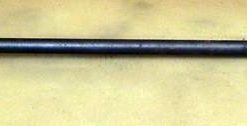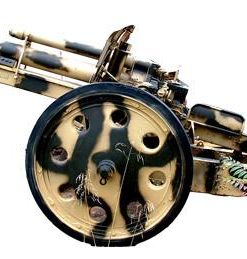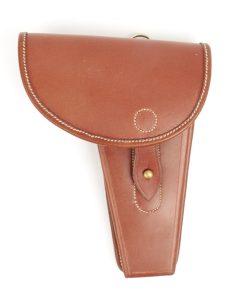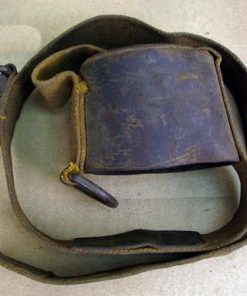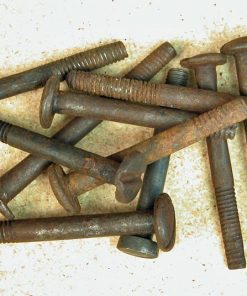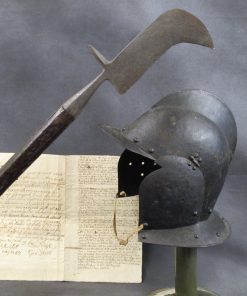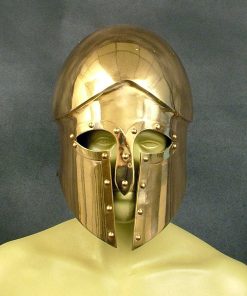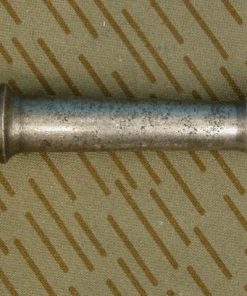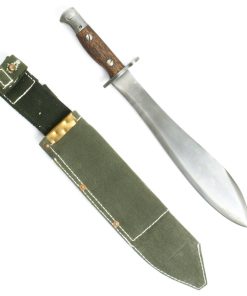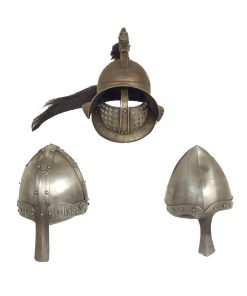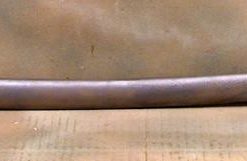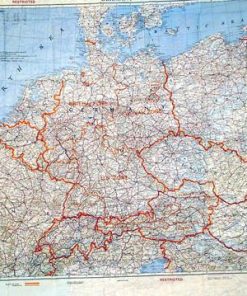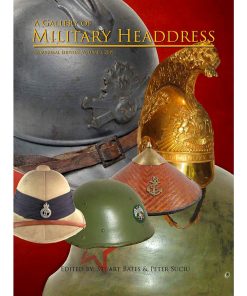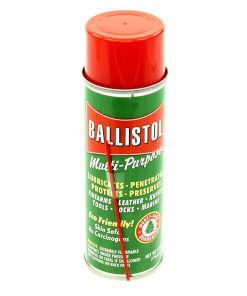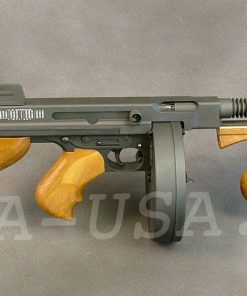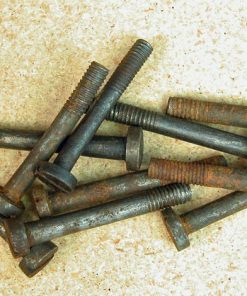Original British Sterling Submachine Gun Khaki Web Sling- Dated Original Items
$ 19,95 $ 11,97
Original Item: Unissued, with markings and postwar dates. Constructed of khaki or brown webbing with brass fittings.
The Sterling submachine gun is a British sub machine gun. It was tested with the British Army in 1944–1945 as a replacement for the Sten. In 1944, the British General Staff issued a specification for a new submachine gun. It stated that the weapon should weigh no more than six pounds (2.7 kg), should fire 9×19mm Parabellum ammunition, have a rate of fire of no more than 500 rounds per minute and be sufficiently accurate to allow five consecutive shots (fired in semi-automatic mode) to be placed inside a one-foot-square target at a distance of 100 yd (91 m).
To meet the new requirement, George William Patchett, the chief designer at the Sterling Armaments Company of Dagenham, submitted a sample weapon of new design in early 1944.[1] The first Patchett prototype gun was similar to the Sten insofar as its cocking handle (and the slot it moved back and forth in) was placed in line of sight with the ejection port[2] though it was redesigned soon afterwards and moved up to a slightly offset position. The army quickly recognised the Patchett’s potential (i.e. significantly increased accuracy and reliability when compared with the Sten) and ordered 120 examples for trials. Towards the end of the Second World War, some of these trial samples were used in combat by airborne troops during the battle of Arnhem and by special forces at other locations in Northern Europe where it was officially known as the Patchett Machine Carbine Mk 1. For example, a Patchett submachine gun (serial numbered 078 and now held by the Imperial War Museum), was carried in action by Colonel Robert W.P. Dawson while he was Commanding Officer of No. 4 Commando, during the attack on Walcheren as part of Operation Infatuate in November 1944. Because the Patchett/Sterling can use straight Sten submachine gun magazines as well as the curved Sterling design, there were no interoperability problems.
After the war, with large numbers of Sten guns in the inventory, there was little interest in replacing them with a superior design. However, in 1947, a competitive trial between the Patchett, an Enfield design, a new BSA design and an experimental Australian design was held, with the Sten for comparison. The trial was inconclusive but was followed by further development and more trials. Eventually, the Patchett design won and the decision was made in 1951 for the British Army to adopt it. It started to replace the Sten in 1953 as the “Sub-Machine Gun L2A1”. Its last non-suppressed variation was the L2A3 but the model changes were minimal throughout its development life.
Sterling submachine guns with minor cosmetic alterations were used in the production of the Star Wars films as Stormtrooper blaster rifle props.
| Hand Select | No, Yes |
|---|
Fast Shipping with Professional Packaging
Thanks to our longstanding association with UPS FedEx DHL, and other major international carriers, we are able to provide a range of shipping options. Our warehouse staff is expertly trained and will wrap your products according to our exact and precise specifications. Prior to shipping, your goods will be thoroughly examined and securely secured. We ship to thousands clients each day across multiple countries. This shows how we're dedicated to be the largest retailer on the internet. Warehouses and distribution centres can be located throughout Europe as well as the USA.
Note: Orders with more than one item will be assigned a processing date depending on the item.
Before shipping before shipping, we'll conduct a thorough inspection of the items you have ordered. Today, the majority of orders will be delivered within 48 hours. The delivery time will be between 3-7 days.
Returns
The stock is dynamic and we cannot completely manage it because multiple stakeholders are involved, including our factory and warehouse. So the actual stock may alter at any time. It's possible that you may not receive your order once the order has been made.
Our policy is valid for a period of 30 days. If you don't receive the product within 30 days, we are not able to issue a refund or an exchange.
You can only return an item if it is unused and in the same state as the day you received it. You must have the item in its original packaging.
Related products
Uncategorized
Uncategorized
Uncategorized
Band of Brothers ORIGINAL GERMAN WWII Le. F.H. 18 10.5cm ARTILLERY PIECE Original Items
Uncategorized
Uncategorized
Uncategorized
Uncategorized
Uncategorized
Angolan Rebel 1970s era 60mm Inert Display Mortar from Angolan Civil War Original Items
Uncategorized
Uncategorized
Uncategorized
Armored Burgonet Helmet & Polearm from Scottish Castle Leith Hall Circa 1700 Original Items
Uncategorized
Uncategorized
Uncategorized
Uncategorized
Uncategorized
Uncategorized
